Understanding the Role of the United Nations
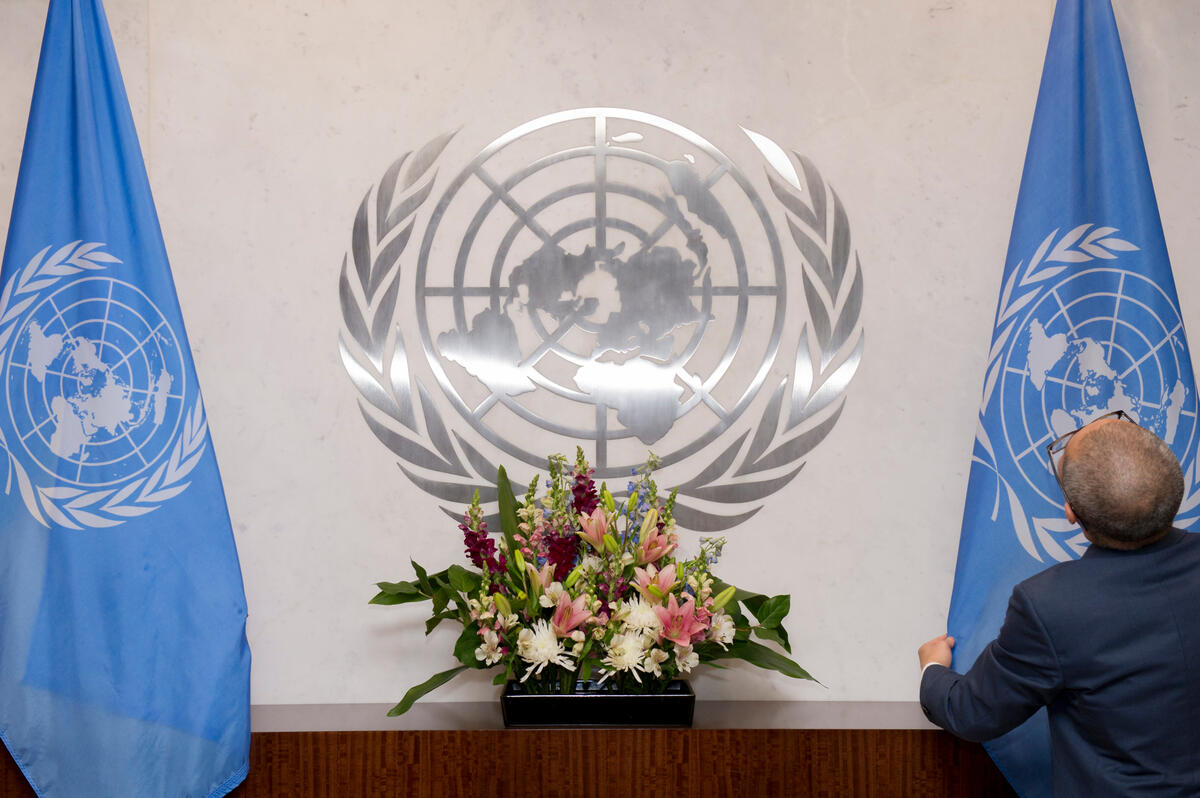
In today’s intricate global landscape, where nations are interdependent and interconnected more than ever before the role of the United Nations (UN) stands as a cornerstone of international relations, cooperation and conflict resolution.
The UN’s significance transcends borders, cultures, and ideologies, working towards the noble goal of maintaining peace, promoting human rights, fostering sustainable development and addressing pressing global challenges.
Let’s delve into the multifaceted role of the United Nations, exploring its history, functions, and impact on the world stage
A Historical Overview

The United Nations was established on October 24, 1945, in the aftermath of World War II, with the primary objective of preventing such devastating conflicts from occurring again.
Envisioned as an international forum for dialogue and collaboration.
The UN has since evolved to become a vital institution that promotes cooperation, diplomacy and mutual understanding among nations.
Pillars of the United Nations
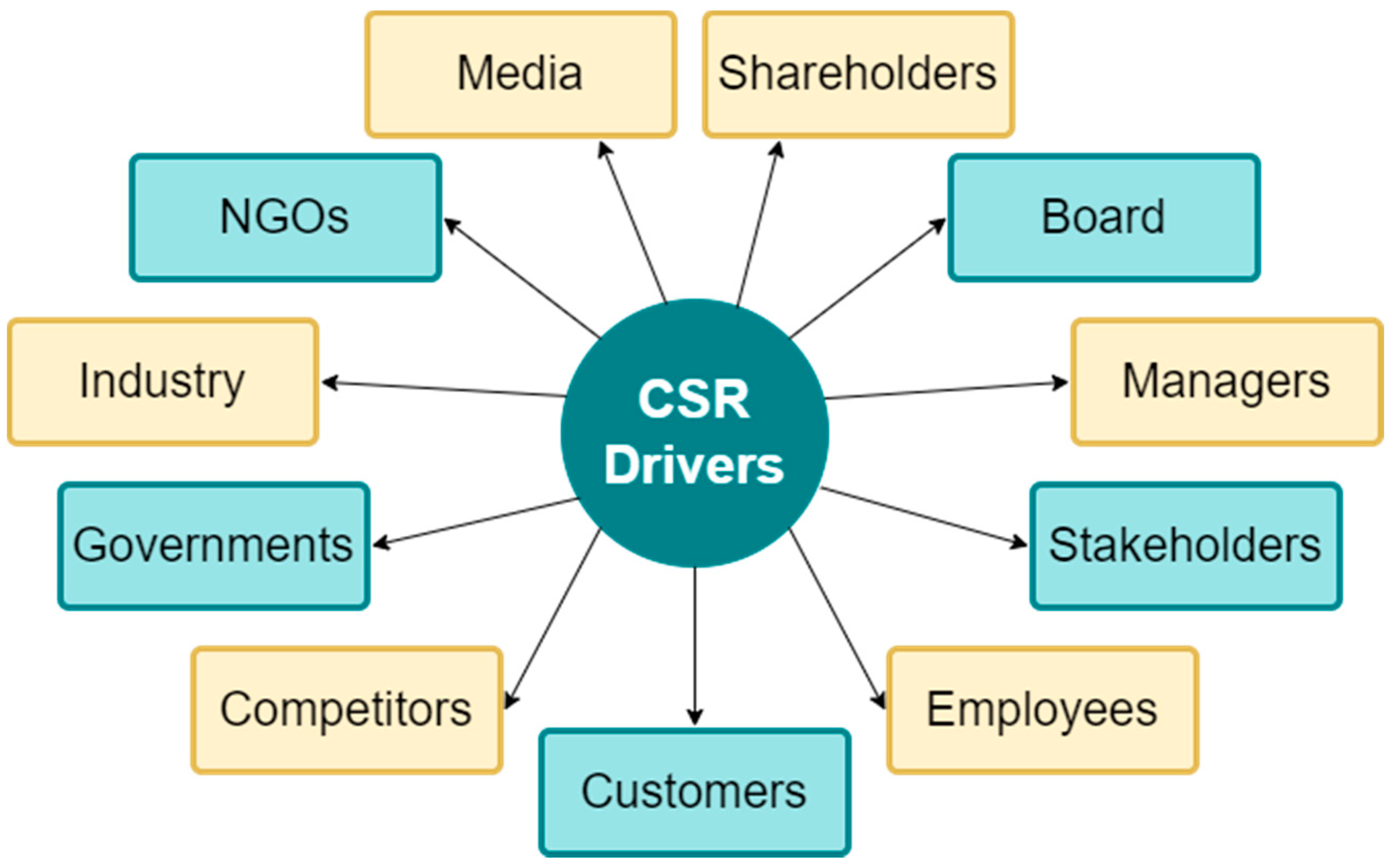
The UN operates based on three key pillars that collectively define its role and impact:
Peace and Security
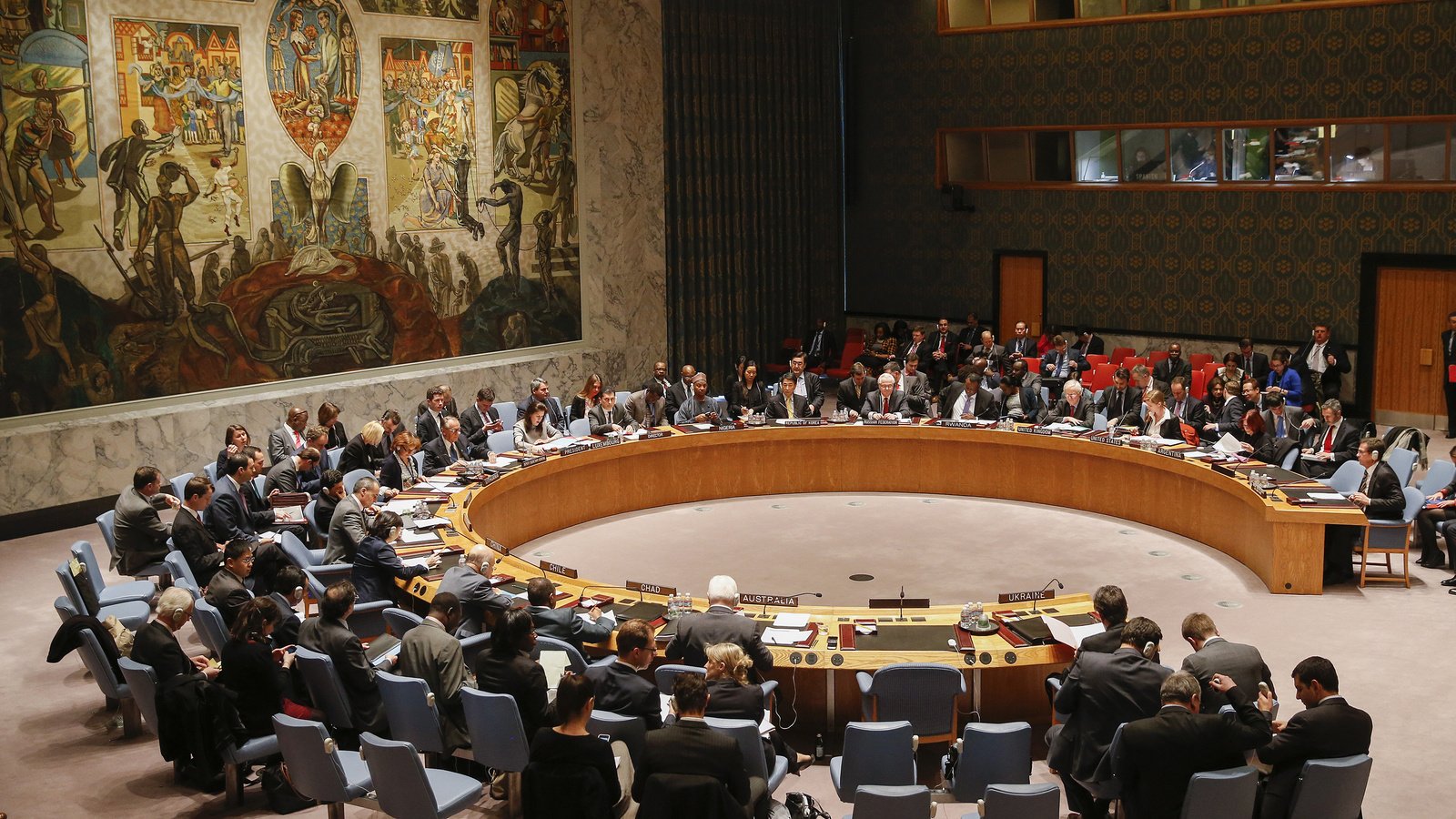
One of the central places of the United Nations is the conservation of transnational peace and security. It can authorize sanctions, deploy peacekeeping missions, and even approve military interventions when diplomatic solutions are exhausted.
Development and Human Rights
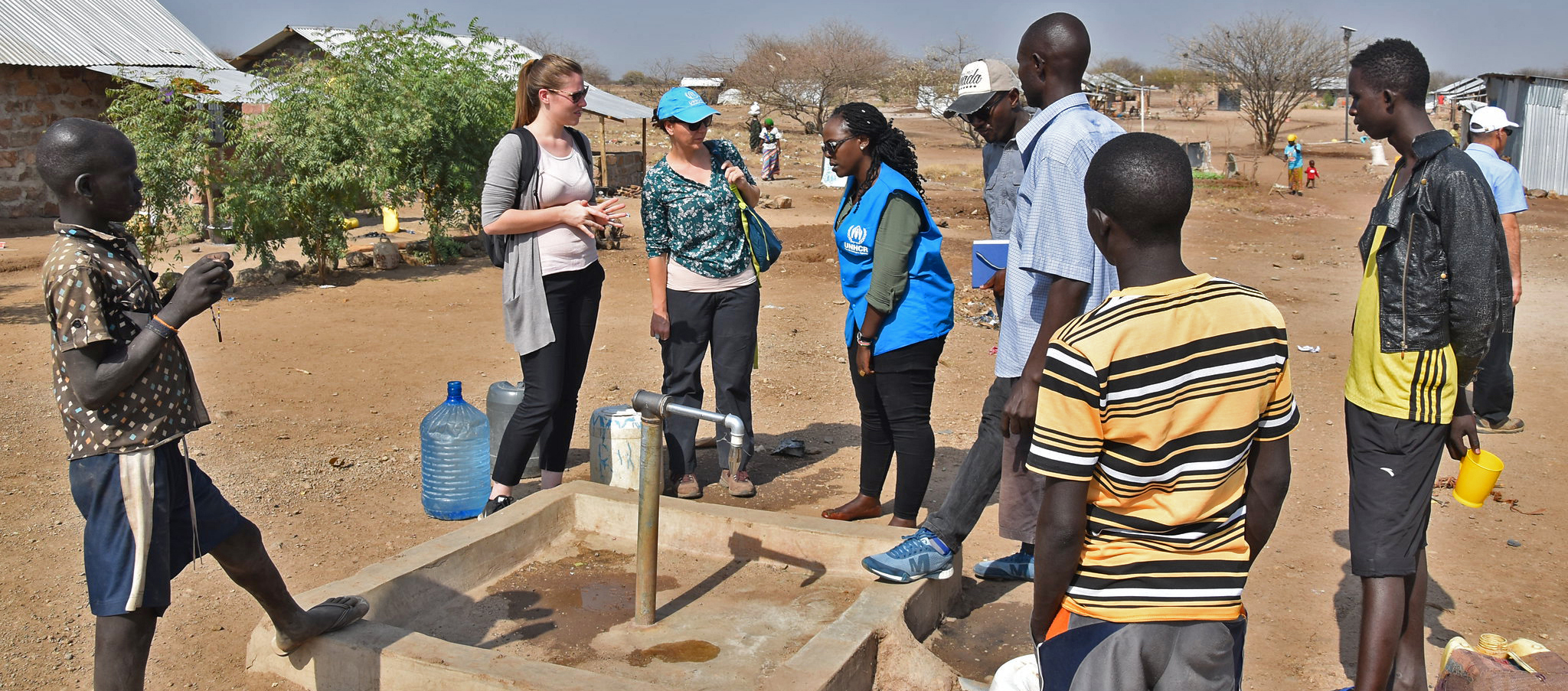
Promoting sustainable development and safeguarding human rights are crucial aspects of the UN’s role. Through various agencies and programs, such as UNICEF and the United Nations Development Programmed (UNDP).
The organization works to improve living conditions, access to education, healthcare, and opportunities for individuals across the globe.
The Universal Declaration of Human Rights adopted in 1948, stands as a testament to the UN’s commitment to upholding the inherent dignity and rights of every person.
Humanitarian Assistance

In times of crisis whether natural disasters, conflicts or health emergencies. The United Nations plays a vital role in providing humanitarian aid.
Agencies like the World Food Programmed (WFP) and the United Nations High Commissioner for Refugees (UNHCR) work tirelessly to provide relief to those in need, offering food, shelter, and medical assistance to vulnerable populations.
Impact and Achievements
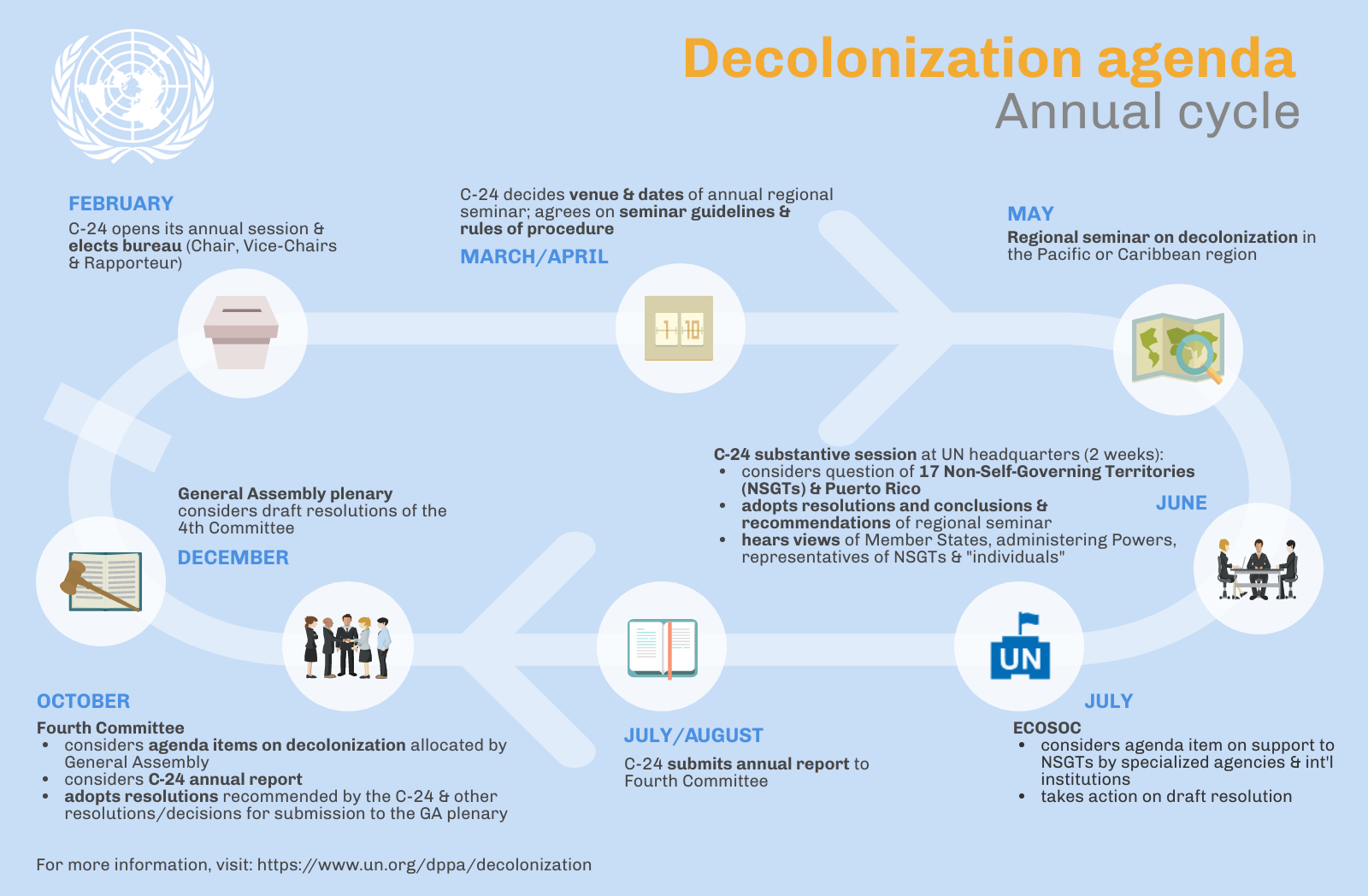
Throughout its history, the United Nations has achieved remarkable milestones that have shaped the world in various ways:
Decolonization
The UN played a pivotal role in the decolonization process, supporting nations in their quest for independence and self-determination.
Global Health
World Health Organization (WHO) have contributed to the eradication of diseases, such as smallpox and continue to address global health challenges including pandemics like COVID-19.
Climate Action
The UN’s involvement in convening international climate summits, like the Paris Agreement, highlights its commitment to addressing climate change and preserving the planet for future generations.
Challenges and Future Prospects

Despite its achievements, the United Nations faces its fair share of challenges. Issues like the reform of the Security Council to reflect the contemporary global order as well as ensuring swift and coordinated responses to crises remain areas of concern.
However the UN continues to adapt and evolve to address emerging challenges and opportunities.
Sustainable Development Goals (SDGs)

In 2015 The UN introduced the Sustainable Development Goals – a set of 17 interconnected objectives aimed at eradicating poverty ensuring environmental sustainability and enhancing social equality by 2030.
These goals underscore the UN’s dedication to creating a more just and equitable world through targeted action and international collaboration.
Summary
The United Nations stands as an unparalleled force for good in a world often plagued by conflicts.
Inequality and environmental threats. Its diverse functions, ranging from maintaining global peace and security to promoting human rights and sustainable development.
underscore its crucial role in shaping a better future for humanity.
